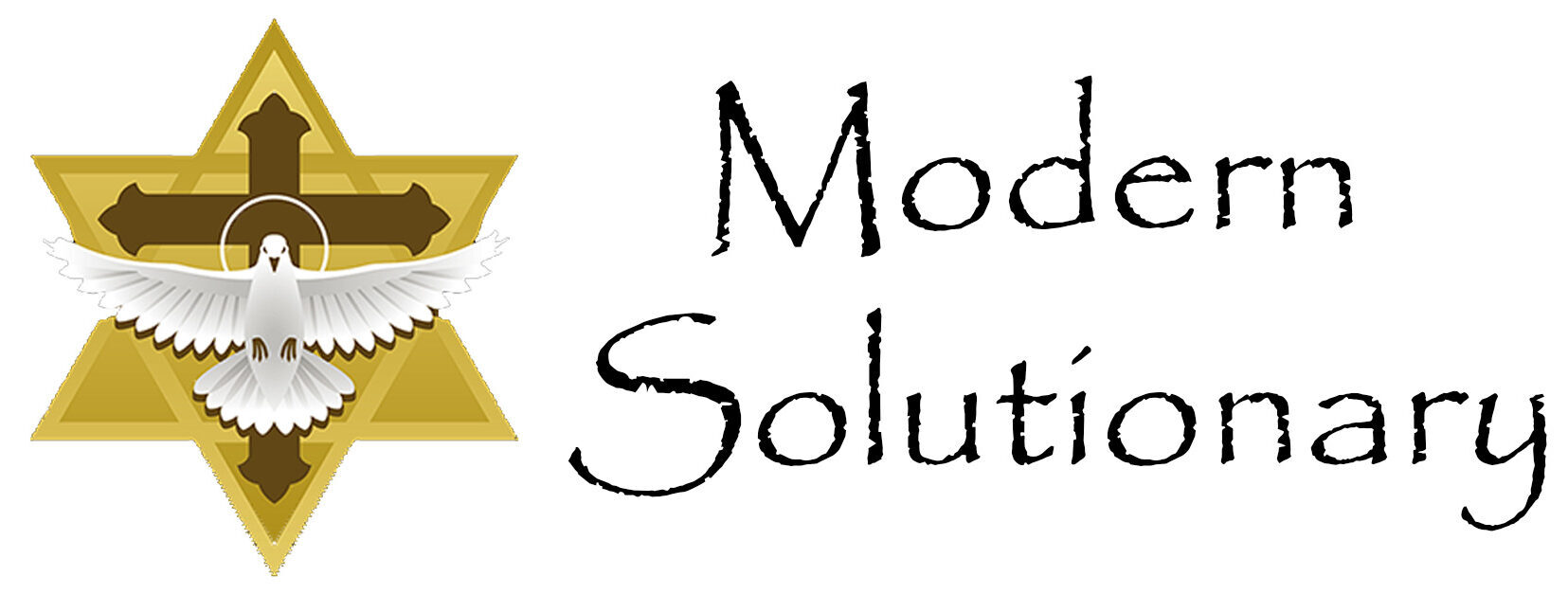I enjoy reading what other people think; especially when they have a different perspective than I have. As a long-time published author, I understand the importance of finding the right words to insure that your readers fully comprehends the message you are sending them. The written word is the one form of communication where the author can be allowed the luxury of lengthy and adequate consideration so as to ponder their precise message; making edits as needed to capture their exact thoughts. When allowed to have these thoughts published without outside edits or changes, the readers get a glimpse into the mind of the author. 
“The Economist” is a thought-provoking magazine published in London, England. In a recent edition they published an essay written by the president of the United States, Barack Obama. I found it an extremely interesting read on a number of levels. Of course, my primary interest was to discern Mr. Obama’s personal thoughts as a leader of the Country that I love so dearly. Second, was to try to identify with his perspective and determine where his thoughts and mine intersect.
When I say perspective, I am looking for his internal drivers, his values that guide his thoughts, words, and actions. After reading this essay, I found that some of his perspectives were clearly made known and others not so much. He highlighted four areas of economic concerns moving forward; boosting productivity growth, combating rising economic inequality, insuring that anyone who wants a job can get one, and building a resilient economy primed for future growth. Before addressing these economic woes he showed his perspective by casting blame on the fears of a segmented country on race, creed and wealth. I found it interesting that he assumed that some people who should and can work might not want to work, and by omission he seemed to be okay with that scenario.
He went on to write about the inequality between the poor and the rich, “Expectations rise faster than governments can deliver, and a pervasive sense of injustice undermines peoples’ faith in the system.” In my opinion, his perspective is crystal clear, government is the answer to the economic issues; a perspective I cannot agree with given the repeated failures of the bureaucratic management and lack of success of our own postal system and the unmanageable plagues of the Social Security systems just to name the two most obvious examples.
In the essay he takes credit for stabilizing the unemployment in the country but the statements he made only works because of the definition changes dating back to his first year in office.
“In 1953, just 3% of men between 25 and 54 years old were out of the labor force. Today it is 12%.”
Wrong sir, it is 15.3% if you use the same definition they used back in 1953. That would be another 1.1 million workers in that category that we conveniently are no longer counting. Early in his presidency, he had the definition of unemployment changed to remove all people who were not actively looking for a job. Our Department of Labor Statistics gave those individuals two great titles, Discouraged Workers and Voluntary Unemployed. The Discouraged Worker is defined as someone not looking for work because they believe no jobs are available. This group totaled about 553,000 people in the September 2016 report and has been around that number for many years. The Voluntary Unemployed are those people who say they want a job but admit they are not going on job interviews. The total number of both groups is about 2.3 million people, and the Department of Labor admits this is likely to be conservatively low because they have trouble tracking these people once unemployment payments stop. I am sure that some of these people probably can’t work, but by the definition it should be an extremely low number of them.
Mr. Obama went on to say that “Involuntary joblessness takes a toll on life satisfaction, self-esteem, physical health, and mortality.” All very true but nowhere in his writing does he address the voluntary unemployed or the discouraged worker. Why not?
I cannot answer for someone else but I can speculate as to the reasons why he wanted the definition to be changed and why to keep the voluntary unemployed separate. The only reason to make the definition changes were to make his numbers look better than they actually are. As for the voluntary unemployed and the discouraged workers that can and should be employed; I would call these people the Voluntarily Lazy. Why would they not at least be going on interviews? Maybe they made their fortune and don’t have to work, they earn income by illegal means, or they get enough from government entitlements there is no incentive to work. Unless they are wealthy, these people would likely qualify for the full amount of food stamps and receiving any and all government assistance available to them. Sure, they no longer draw unemployment benefits, but you can bet they are drawing something while talking on their government issued cell phone.
 I would like Mr. Obama to understand that the high level of the Lazy Unemployed along with the out of control rise in welfare benefits are much more indicative to the factors affecting the economic inequality today than anything you mentioned in your letter. You are a smart man, intentionally not mentioning either in your diatribe so that by doing so you do not have to take ownership of them but at least one of these groups is compliments of your regime. You are quick to discuss human rights but what about human responsibility? A person who can work, should work, or at the very least be expected to seek employment daily. If you don’t do that you should suffer the consequences. Tough love works; give-a-way programs don’t Mr. Obama.
I would like Mr. Obama to understand that the high level of the Lazy Unemployed along with the out of control rise in welfare benefits are much more indicative to the factors affecting the economic inequality today than anything you mentioned in your letter. You are a smart man, intentionally not mentioning either in your diatribe so that by doing so you do not have to take ownership of them but at least one of these groups is compliments of your regime. You are quick to discuss human rights but what about human responsibility? A person who can work, should work, or at the very least be expected to seek employment daily. If you don’t do that you should suffer the consequences. Tough love works; give-a-way programs don’t Mr. Obama.
In 1953, welfare was avoided like the plague that is why the true unemployment for the group you mentioned was just 3%. People wanted to work because they had to work to feed their families. Our government was just beginning to interfere in people’s lives, so the citizens still possessed something called pride.
If this is my last post, I want all to know there was only one purpose for all that I have written; to have made a positive difference in the lives of others.
Anthony “Tony” Boquet, the author of “The Bloodline of Wisdom, The Awakening of a Modern Solutionary”
